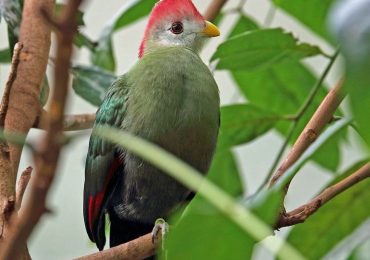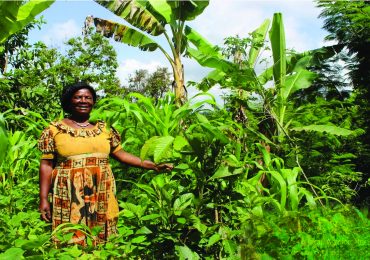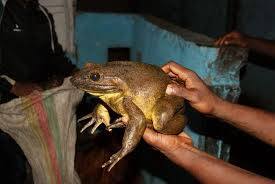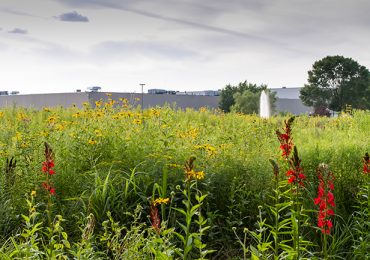The fight against climate change is one of the major challenges of our time. Forests have a fundamental role they play in climate change mitigation, by removing CO2 from the atmosphere and storing it in biomass and soils. This also means, when forests are cleared or degraded, they can become a source of greenhouse gas (GHG) emissions by releasing that stored carbon.
Halting deforestation and restoring degraded land are cost-effective actions that have a clear impact in reducing global GHG emissions. With THE aim of restoring 2 million hectares of degraded land in Cameroon by 2035, the Environment and Rural Development Foundation, ERuDeF is highly contributing to the fight against climate change.
Reducing Emissions from Deforestation and forest Degradation, plus the sustainable management of forests, and the conservation and enhancement of forest carbon stocks (REDD+), is an essential part of the global efforts to mitigate climate change. Indeed, REDD+ is a financial incentivization mechanism that has been developed to recompense tropical countries for their efforts in reducing forests destruction. Indeed, the carbon sequestered by the REDD + activities implemented is sold on the carbon market and these revenues are reversed to ensure sustainable local development.
REDD + financial incentives prove to be an additional motivation in addition to the goods and services from which the populations benefit from the restoration of degraded areas. However, few restoration projects track forest carbon impacts, since pledges are mainly based on area to be restored, and many projects do not include the establishment of reference levels or carbon monitoring in their activities.
ERuDeF through the Carbon Forestry program of its Department of Forestry, in the nearest future plans to register on carbon market its restoration projects: the MBI project in the mount Bamboutos landscape and the forest gardens project in the Western high plateau landscape. This will make local populations benefits from their contribution to the fight against climate change through the implementation of green practices in their activities such as sustainable agriculture practicing and tree planting. The success of this initiative would stimulate other communities to engage in the process of restoring the forest cover and thrive in a safe environment.







